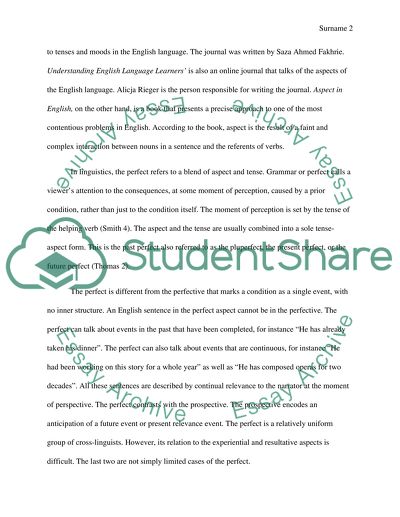Cite this document
(“The perfect aspect of the English language Research Paper”, n.d.)
Retrieved from https://studentshare.org/other/1399606-the-perfect-aspect-of-the-english-language
Retrieved from https://studentshare.org/other/1399606-the-perfect-aspect-of-the-english-language
(The Perfect Aspect of the English Language Research Paper)
https://studentshare.org/other/1399606-the-perfect-aspect-of-the-english-language.
https://studentshare.org/other/1399606-the-perfect-aspect-of-the-english-language.
“The Perfect Aspect of the English Language Research Paper”, n.d. https://studentshare.org/other/1399606-the-perfect-aspect-of-the-english-language.


